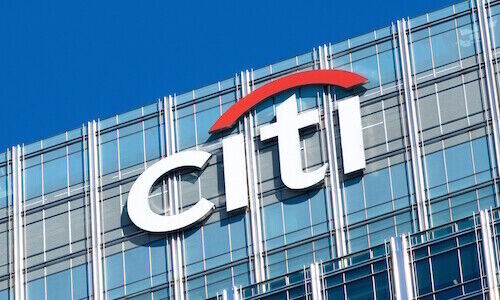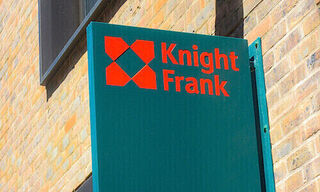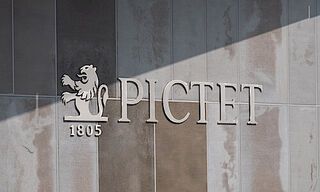GAM's C-suite and board are under pressure from an influential U.S. investor group over their handling of a whistleblowing scandal, finews.asia has learned.
Shareholders in Zurich-based GAM should deny the battered asset manager's board and top management approval for 2018, U.S.-based proxy adviser Glass Lewis told finews.com. The vote is a peculiarity of Swiss securities law which exempts managers from liability for their actions.
Oddly, GAM is in good company: U.S. group Institutional Shareholder Services wants to deny Swiss banking giant UBS the dispensation as well, as finews.com reported exclusively. At GAM, Glass Lewis said a whistleblowing episode raises questions over risk and control framework at the asset manager, which is presided by Hugh Scott-Barrett.
«Considering the substantial effect on shareholder value that the aforementioned event has had on shareholder value, which appears to stem from breaches of duty of a senior employee that were not picked up by the risk and control mechanism, we do not believe that shareholders can confidently conclude that the ratification of the board and management for the past fiscal year is in their best interests at this time,» Glass Lewis said.
Appeal after Sacking
The U.S. adviser noted that it has no «substantial indications» that board or management violated their fiduciary duty. The disproval comes as GAM struggles for survival in the wake of the scandal, which has cost CEO Alex Friedman his job, led to a full-year loss, halted dividends, and caused massive job cuts. The star manager at the center of the whistleblowing, Tim Haywood, is appealing his sacking.
To be clear: nothing happens if shareholders reject the so-called dispensation. It simply means that investors can in future more easily take legal action against top executives or board directors under Swiss civil law. Until now, dispensations have routinely been waved through shareholders, except during the financial crisis of 2008/09.
Falling Short
Separately, two influential proxy advisers told finews.com they disprove of GAM's pay practices. ISS and London-based Pensions and Investment Research Consultants, or PIRC, both want investors to deny GAM approval of its pay scheme.
The headwinds come one year after the battered Swiss asset manager pledged improvements following a drubbing from investors. Then, less than 57 percent of them approved of the company's pay practices last year, with nearly 42 percent rejecting them. GAM pledged improvements at the time, but appears to have fallen short of ISS' and PIRC's expectations.
Emergency CEO
The changes GAM made since last year aren't enough, ISS said. «Concerns remain however regarding safeguards against excessive payouts for executives other than the CEO and CFO.» GAM has no cap in Swiss francs, and a long-term bonus plan is only vaguely outlined, leaving the company ample flexibility to ramp up pay.
PIRC argued that without disclosing targets, investors cannot judge whether a proposed bonus is appropriate to performance. «Shareholders approved the new compensation framework last year, which GAM overhauled based on feedback that we collected from them», a spokesman for the asset manager said.
Bleeding Assets
GAM said both ISS and Glass Lewis recommend investors back binding pay items this year, even if ISS issued a rejection for the non-binding vote. The denial is a setback for Scott-Barrett and Nancy Mistretta, the GAM director and former headhunter who heads the company's compensation committee. In September, GAM CEO Alex Friedman handed over the reins to director David Jacob.
Earlier this month, GAM said it bled nearly $4 billion thus far this year, but struck a deal to sell the controversial set of assets formerly managed by Haywood, the bond fund star. GAM's shareholder meeting is May 8. Switzerland's Ethos, which holds sway with hefty Swiss pension funds, hasn't yet disclosed their voting recommendations.



























